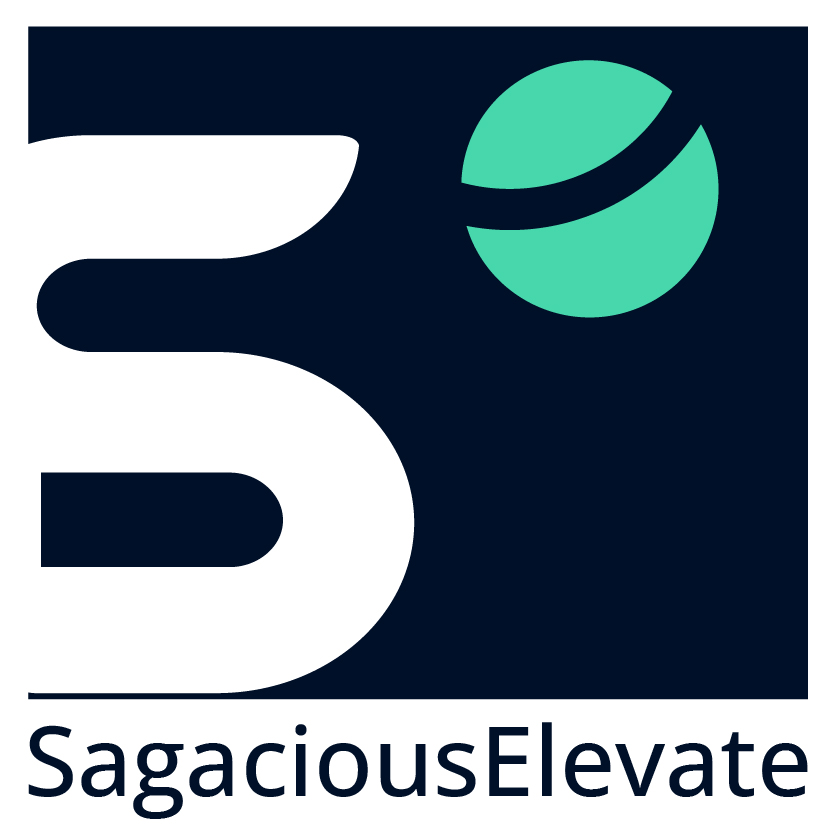Patent Landscape On CAR T-Cell Therapy – Method For Disease Treatment
CAR t-cell therapy is considered as a miracle cure, which is now transforming the way cancer is treated. A CAR t-cell is an innovative immunotherapy treatment which uses the patient’s own immune cells to target the tumours. So far, Chemotherapy and Radiation therapy have been the major non-invasive treatments for cancer, but when a patient’s cancer relapses even after extensive chemotherapy there are not many options available to cure the life-threatening disease. CAR t-cell therapy has proved as a successful alternative for treatment of acute Lymphoblastic Leukemia (ALL) and Non-Hodgkins Lymphoma patients. Hence, a Patent Landscape on Car T-Cell therapy gives or provides more insight
Table of Contents
CAR T-cell Therapy Introduction:
CAR T-cell therapy is an immunotherapy which bolsters the body’s immune system to fight against cancer. In CAR therapy, the T-cells (immune cells that attack foreign bodies) are extracted from the patient’s blood and are genetically engineered in a lab to create a chimeric antigen receptor on the T-cell surface and then multiplied in large numbers. The engineered cells are then injected back into the patient’s body, the CAR present on the T-cell binds directly to the antigens present on tumour cells. After binding of CAR with the antigen, the T-cell is activated which initiates killing of the tumour cells. CAR T-cell therapy is more effective than T-cell receptor (TCR) therapy as it can directly target the antigen present on a cell’s surface. Unlike TCR therapy, chimeric antigen receptor doesn’t require the protein to be processed or presented by major histocompatibility complex (MHC) for its recognition.
Two CAR therapies, namely, “tisagenlecleucel (Kymriah™)” and “axicabtagene ciloleucel (Yescarta™)” have been approved by the FDA for treatment of ALL and Non-Hodgkins lymphomas. These recent developments and the potential efficacy of these therapies, have forced many major pharmaceutical players to enter the industry. This can also be observed through the trend of the filings by these pharma majors and their recent merger and acquisitions. Some of the biggest acquisitions include Gilead Science’s recent acquisition of Kite Pharma, and consequently gaining a leading–edge cell therapy technology and a new oncology drug (Kymriah™); Juno therapeutics’ acquisition of Abvitro, for its immune sequencing method and to further develop on its technology. As per the recent trends, we observed that many new players have also emerged in the area of CAR T-cell therapy, including Shanghai Unicar Therapy Bio Medicine Technology, Nantcell (part of Nantworks Llc), Aleta Biotherapeutics, among others.
Even though many researches are focused in the development of this therapy, the technology is still estimated to be in its nascent stage and needs to overcome various challenges for its adaptation as a conventional cancer therapy. The therapy causes many side effects such as Cytokine-Release Syndrome (CRS), Neurologic Toxicities, B-Cell Aplasia and Tumour Lysis Syndrome (TLS) which needs to be addressed for successful development of the therapy. Therefore, IP filings in the domain are expected to boom addressing these side effects and the companies are striving to develop the successful products that mitigate these side effects.
As per the IP landscaping performed in the domain, CAR therapy depends on many important pillars, the major one being the identification of suitable antigen as a target by the T-cells. Hence Patent Landscape On CAR T-Cell Therapy will let us know so much more. Among the antigens, CD19 has been the majorly researched antigen and has proved to be effective (observed from the filing trends in the domain and consequent success rate) in treatment of Acute Lymphoblastic Leukemia (ALL) and Chronic Lymphocytic Leukemia (CLL). However, in the recent years, the R&D departments have focused on other antigens as well. The trend has shifted towards other antigens such as CD20, CD22, GD2, CD33, Mesothelin. This may be due to the fact that most of the companies are also developing the therapy focusing on treating other diseases such as Acute Myeloid Leukemia (AML) and Multiple Myeloma. Thus, identification of suitable antigens highly expressed by tumour cells only, which have very limited or no expression in normal cells proves to be an important factor in development of CAR therapies, which can also be observed through the recent IP trends. Some of the most active players in the domain are Novartis, Cellectis, Juno therapeutics and Kite Pharma. Among these players, only Novartis and Kite have FDA approved CAR therapies KymriahTM and Yescarta™. Technology major Cellectics has taken a bit different approach as compared to other key players, as it is using allogeneic or donor cells rather than patient’s own T-cells.
In a nutshell, as with any other nascent technology, complete applications of CAR t-cell therapy are still unknown, and researches are underway for applying this therapy for treatment of diseases other than cancer. Furthermore, targeting of multiple antigen simultaneously for mitigating the off target toxicities of the CAR t-cells, developing off-the shelf CAR therapy i.e. use of allogeneic t-cells, reducing the therapy cost are underway.
As said by Hetty E. Carraway, MD, MBA, staff physician in hematologic oncology and blood disorders at Taussig Cancer Institute at Cleveland Clinic. “As optimistic as everyone is about this type of therapy, it’s clear the innovation is not yet done. This is the beginning of the story, not the end”.
Sagacious IP offers customised solutions to meet your individual needs. Based on our long standing expertise, we strategically address your business challenges and then propose novel solutions. Our consulting approach rather than a report-only tactic drives actionable results for businesses to adapt and grow.
– Yogesh Soam (Engineering Searching), and The Editorial Team
Related Resources
Download ‘Chemical Structures: Effective Patent Search and Analysis’ Report
Having Queries? Contact Us Now!
"*" indicates required fields




